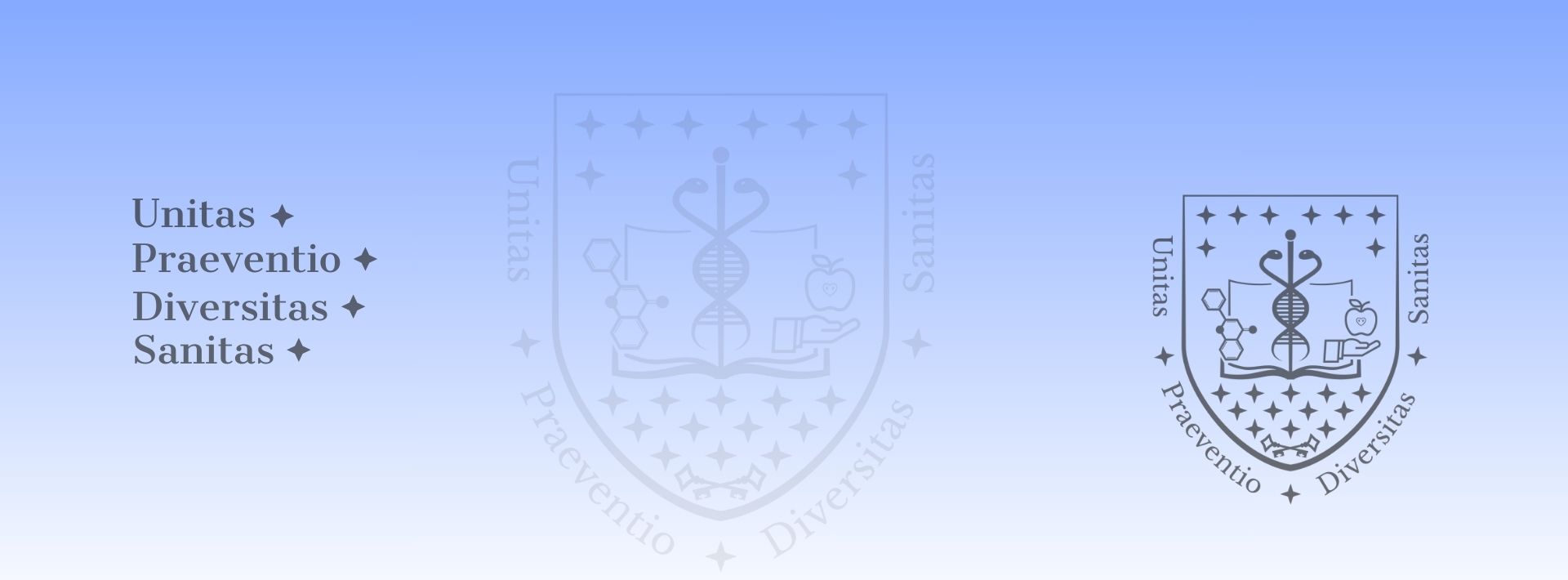Adatok
A Tantárgybejelentőben megadott hivatalos adatok az alábbi tanévre: 2024-2025
Tantárgyfelelős
-
Kiss István Zoltán (Népeg)
professor,
Department of Public Health Medicine
Óraszámok/félév
előadás: 22 óra
gyakorlat: 0 óra
szeminárium: 2 óra
összesen: 24 óra
Tárgyadatok
- Kód: OAF-HMB-T
- 2 kredit
- General Medicine
- Optional modul
- both
Nincs
Kurzus létszámkorlát
min. 5 fő – max. 20 fő
Tematika
In the human body the number of microbial cells (even according to conservative estimations) is higher than the number of somatic human cells. This microbial ecosystem is distributed across several human organs - even in organs which some decades ago were thought to be sterile.
Recently several articles have been published on the interaction of the microbiome with several physiological/pathophysiological processes (immunity, inflammation, allergy, etc.), and its role in the development of several diseases (e.g. cardiovascular diseases, cancer, asthma, obesity, inflammatory bowel diseases...).
Besides discussing the above mentioned interactions, the course focuses on the role of the human microbiome in disease prevention/therapy. Pharmacological and non-pharmacological possibilities to influence the composition of our microbiome will be discussed, and some futuristic therapeutic approaches (stool transplantation) will also be reviewed.
Előadások
- 1. The human microbiome. Size, composition, main characteristics. - Kiss István Zoltán (Népeg)
- 2. The Human Microbiome Project. - Kiss István Zoltán (Népeg)
- 3. The gut microbiome. - Kiss István Zoltán (Népeg)
- 4. The skin microbiome. - Kiss István Zoltán (Népeg)
- 5. The oral microbiome. The vaginal microbiome. - Kiss István Zoltán (Népeg)
- 6. The microbiome of other organs (e.g. lungs, placenta, uterus, urinary tract). - Kiss István Zoltán (Népeg)
- 7. The role of microbiome in health and diseases. - Kiss István Zoltán (Népeg)
- 8. The role of microbiome in cardiovascular diseases. - Kiss István Zoltán (Népeg)
- 9. Microbiome and cancer I. - Kiss István Zoltán (Népeg)
- 10. Microbiome and cancer II. - Kiss István Zoltán (Népeg)
- 11. Microbiome and immunity. - Kiss István Zoltán (Népeg)
- 12. Microbiome and inflammation. - Kiss István Zoltán (Népeg)
- 13. Microbiome, allergy, atopia and related diseases. - Kiss István Zoltán (Népeg)
- 14. Microbiome and inflammatory bowel diseases. - Kiss István Zoltán (Népeg)
- 15. Microbiome and obesity. - Kiss István Zoltán (Népeg)
- 16. Microbiome and diabetes. - Kiss István Zoltán (Népeg)
- 17. How diet and nutrition affects our microbiome I.? - Kiss István Zoltán (Népeg)
- 18. How diet and nutrition affects our microbiome II.? - Kiss István Zoltán (Népeg)
- 19. Effects of lifestyle (physical activity, smoking, alcohol etc.) on the microbiome. Can we modify our microbiome? (I.) - Kiss István Zoltán (Népeg)
- 20. Effects of lifestyle (physical activity, smoking, alcohol etc.) on the microbiome. Can we modify our microbiome? (II.) - Kiss István Zoltán (Népeg)
- 21. Antibiotics, probiotics, prebiotics and our microbiome. - Kiss István Zoltán (Népeg)
- 22. Microbiome-related disease prevention strategies. - Kiss István Zoltán (Népeg)
Gyakorlatok
Szemináriumok
- 1. Microbiome-therapy, case studies I. - Kiss István Zoltán (Népeg)
- 2. Microbiome-therapy, case studies II. - Kiss István Zoltán (Népeg)
A tananyag elsajátításához szükséges segédanyagok
Kötelező irodalom
Saját oktatási anyag
The learning material will be uploaded to Neptun.
Jegyzet
Ajánlott irodalom
A félév elfogadásának feltételei
-
Félévközi ellenőrzések
Two written multiple choice tests during the semester.
Távolmaradás pótlásának lehetőségei
There are no make-up classes.
Vizsgakérdések
There is no list of exam questions.
Vizsgáztatók
Gyakorlatok, szemináriumok oktatói
- Kiss István Zoltán (Népeg)
